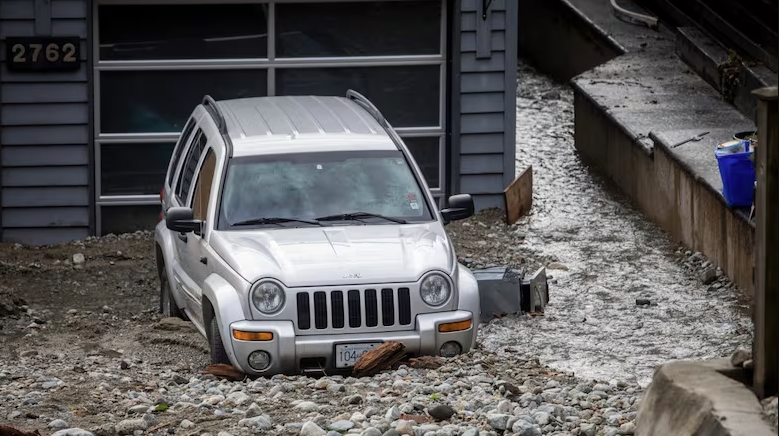B.C. Voters Shift Focus from Climate Change to Affordability and Safety, Polls Show
Liam O'Connell
12/30/20242 min read


On the night of B.C.'s provincial election, a devastating rainstorm claimed four lives and underscored the mounting toll of climate disasters in the region. Yet, as British Columbians went to the polls, climate change was overshadowed by concerns like housing costs, toxic drugs, and public safety.
Recent surveys reflect this shift in priorities. A poll conducted during the election showed only 4% of respondents ranking climate change as their most pressing concern, far behind affordability and safety.
“It’s not the right time to be asking people to sacrifice themselves for the planet,” said Mario Canseco, president of Research Co.
The polling firm’s data shows a steep decline in environmental concerns since 2007, when climate change was the top issue in the province. Canseco attributes the drop to economic pressures, including housing costs and inflation, making voters less receptive to policies that might impose immediate financial burdens.
Carbon Tax and Political Strategy
The debate over B.C.’s carbon tax during the campaign exemplified the declining focus on environmental priorities. Both the B.C. NDP and B.C. Conservatives proposed scaling back the tax on major polluters, citing affordability concerns. While this move attracted criticism from environmental advocates, it resonated with voters facing financial strain.
Isabel Siu-Zmuidzinas, a campaigner with the Wilderness Committee, said the political framing of climate change as a cost rather than a benefit has hurt its appeal.
“Climate disasters are already costing us in tax dollars and infrastructure damage. Politicians need to connect affordability policies to climate action, like expanded public transit and energy efficiency rebates,” she said.
Greens Seek Broader Appeal
The B.C. Green Party, often seen as the political voice for climate action, is attempting to broaden its platform. Newly elected MLA Jeremy Valeriote emphasized the need to address affordability and public safety while maintaining climate commitments.
“We should be able to solve all these problems at the same time, but we can’t afford to take our foot off the gas on climate for a few years,” said Valeriote.
The Greens recently signed an accord with the governing B.C. NDP that prioritizes climate action. Valeriote expressed optimism about advancing issues like halting the Prince Rupert gas transmission pipeline and expanding public transit through this collaboration.
“We’re no longer a one-issue party,” he said. “We’re offering solutions across the board, with the environment as a cornerstone.”
Reframing the Climate Narrative
Advocates like Siu-Zmuidzinas argue that environmental policies need to be reframed as solutions to broader issues. She cited the interconnectedness of climate with housing, healthcare, and the economy.
Pollsters suggest that for climate action to regain traction, it must be tied directly to voters’ immediate concerns. Public transit improvements, energy cost reductions, and community safety initiatives are some areas where climate policy could intersect with voter priorities.
As British Columbia continues to face the consequences of climate change, environmental advocates and political leaders are tasked with bridging the gap between long-term climate goals and the short-term needs of an increasingly cost-burdened electorate.
News
Stay updated with the latest BC news stories, subscribe to our newsletter today.
SUBSCRIBE
© 2025 Innovatory Labs Inc.. All rights reserved.
LINKS
